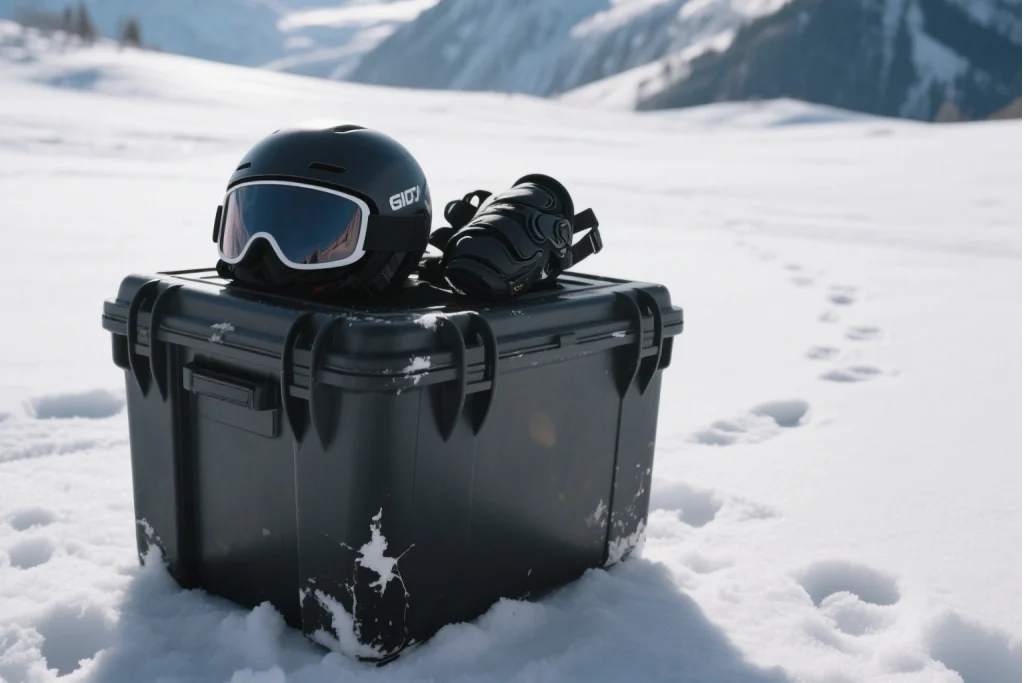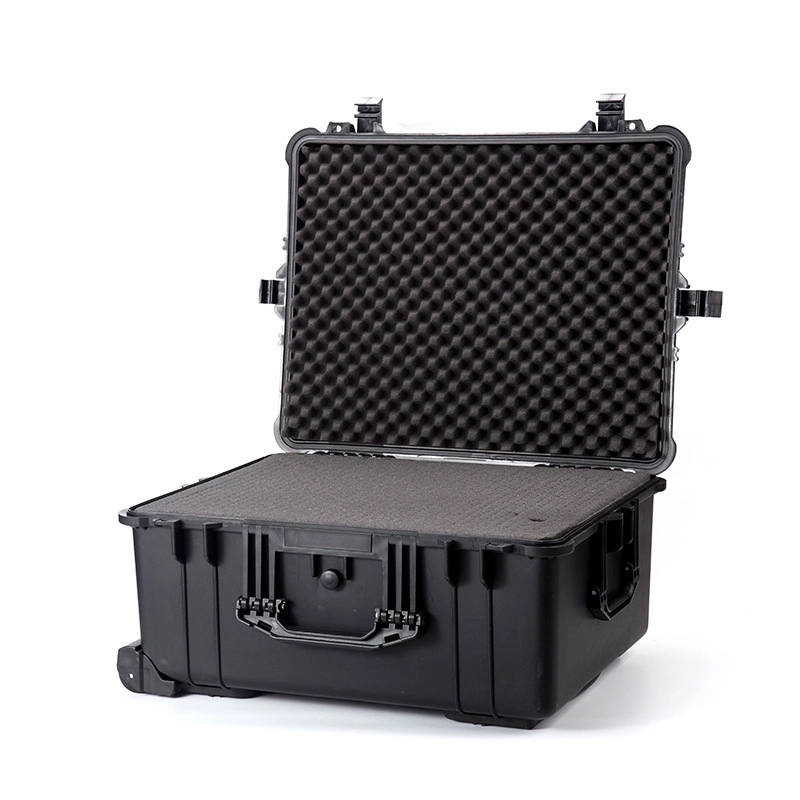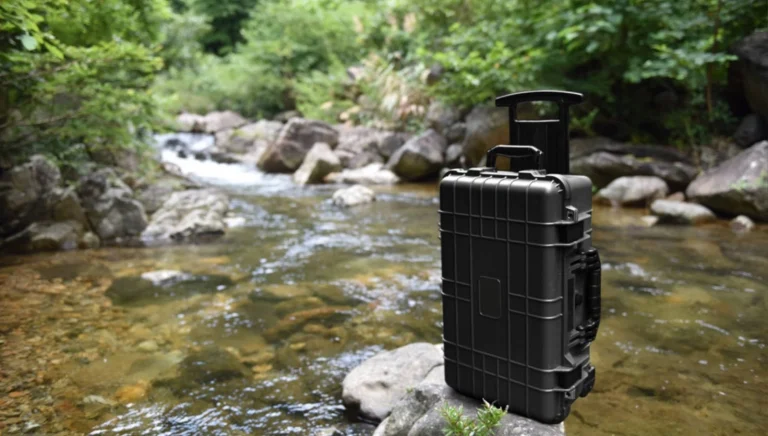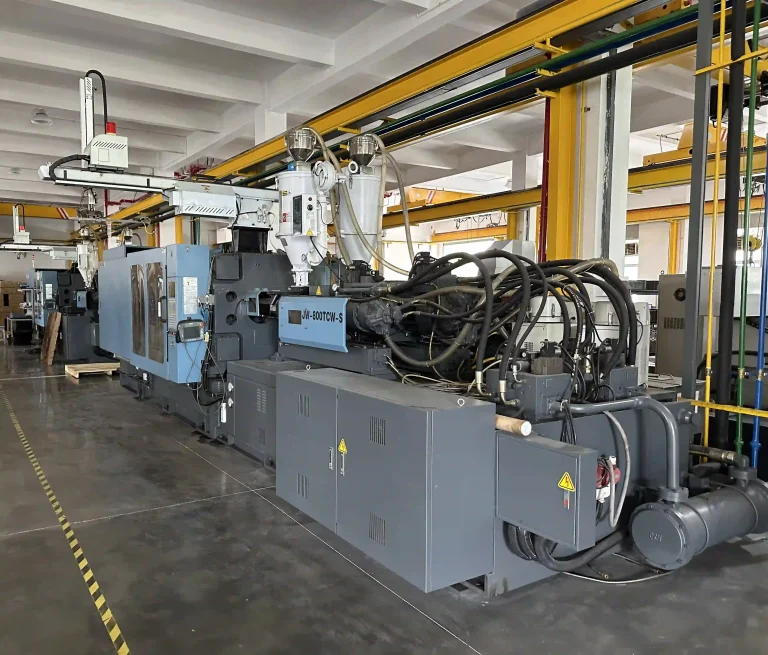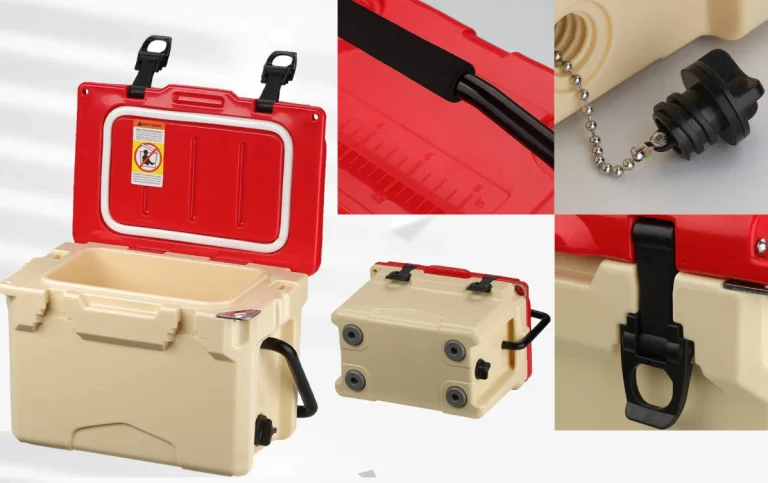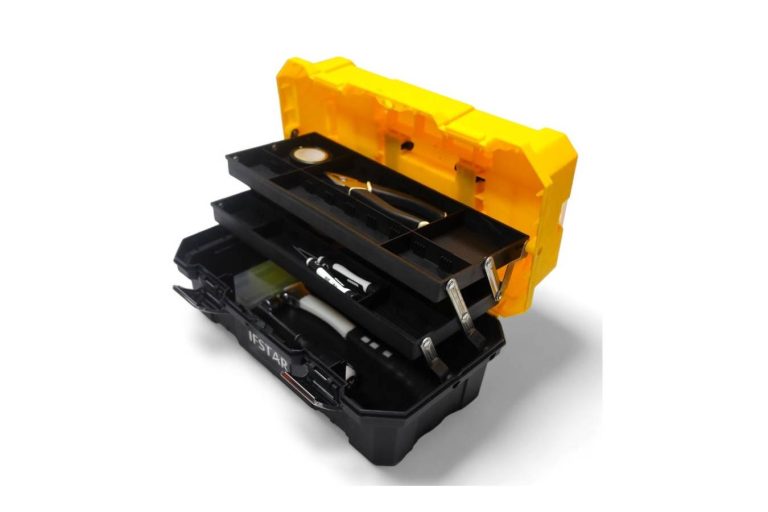If you’re new to snow skiing, getting the right equipment is a must. A good snow skiing equipment case keeps your stuff safe, tidy, and ready to hit the slopes. Choosing the right one can really boost your skiing fun, especially when you’re just starting out.
Why a Equipment Case is a Big Deal
Why New Skiers Need a Special Case
New skiers often grab equipment without thinking about how to keep it safe. A dedicated case protects your investment and makes it easier to carry and store in this application. Skis, poles, boots, and goggles can be bulky and get banged up if not stored right. A solid case keeps everything safe during trips or at home.
Beginners might not know how to handle fragile ski equipment. A case designed for skiing has special spots and padding to avoid scratches or dents. With foam cut to fit and adjustable sections, these cases work great for both newbies and pros.
Perks of a Good Case
A great case does more than just protect. It keeps all your equipment in one spot, so you don’t lose or forget anything. Many cases are light but tough, easy to carry, and shield your stuff from rough weather.
For example, sturdy, lightweight aluminum cases that you can customize are awesome. They’re tough yet easy to use. For beginners heading to ski resorts or mountains, these features are a game-changer.
Types of Ski Equipment Cases
Hard-Shell vs. Soft-Shell Cases
What Hard-Shell Cases Offer
Hard-shell cases are incredibly durable. They offer excellent protection for your equipment. These cases are built from materials like hard plastic or aluminum. They can handle rough treatment. For example, wheeled hard plastic cases exist. They make moving your equipment super easy. They also keep everything secure.
Some come with cool extras like extendable handles or pressure valves. These make them perfect for long trips where your equipment might get roughed up.
Pros and Cons of Soft-Shell Cases
Soft-shell cases are made from flexible stuff like nylon or polyester. They’re lighter and easier to carry than hard-shell ones. They might not handle big impacts as well, but their padded insides protect your equipment in most cases.
Soft-shell cases are easy to carry and store when you’re not using them. They’re not the best for extreme weather or rough handling, though.
Wheeled vs. Non-Wheeled Cases
Why Wheeled Cases Rock
Wheeled cases are a lifesaver for skiers with heavy equipment. They fit in most SUV trunks, truck beds, or car cargo spaces when angled right. You can move them without hurting your back or shoulders.
Extendable handles make it super easy to roll through airports or ski resorts.
Why Non-Wheeled Cases Work
Non-wheeled cases are great if you want something lightweight. They often have shoulder straps or handles for short trips. They might not have wheels, but they’re compact and easy to stash away.
What to Look for in a Beginner’s Case
Toughness and Materials
The material of a case matters a lot. Beginners should go for cases made of strong stuff like reinforced plastic or sturdy fabrics. These hold up well over time.
Size and Space
Getting the right size is key. Your case should hold all your equipment but not be too big to carry. Adjustable sections are awesome for new skiers who might add more equipment later.
Easy to Carry
Features like wheels, extendable handles, or comfy grips make moving your equipment easier. Lightweight designs with simple features help first-timers handle their stuff without a hassle.
Keeping Your equipment Safe
Security is a big deal. Look for cases with strong locks or zippers. These keep your equipment safe during travel or when stored.
By thinking about these things, new skiers can find a case that works great and keeps their equipment safe.
How to Pick a Case That Fits You
Picking a case? Be certain it fits your requirements. The sheer number of choices can swamp newcomers. Concentrate on three things. Consider the materials. Get the right size. Look for helpful extras. This keeps your equipment protected. It also makes transport simple.
Checking Your Equipment and How You’ll Use It
Start by looking at your ski equipment. Most beginners have basics like skis, poles, boots, goggles, and helmets. Your case should hold all of these without being too big. Modern cases with foam padding and adjustable sections keep everything snug.
Think about how often you’ll ski and if you’ll travel far. If you’re flying or driving to resorts a lot, a tough hard-shell case with wheels is better. These give great protection and are easy to move.
Matching Your Case to the Weather
Weather matters when picking a case. If you’re skiing in cold or wet places, get a waterproof case to keep your equipment dry. High-quality waterproof cases are perfect for tough conditions.
For milder weather or indoor skiing, a soft-shell case with padding might be enough. They’re light and easy to carry but not as weather-proof.
Making Portability a Priority
New skiers often forget about portability. Wheels and extendable handles make a huge difference when moving equipment. Wheeled cases fit in most SUV trunks or car cargo spaces, which is great for travelers.
Non-wheeled cases are better if you want something small. They often have comfy straps or handles for short trips.
Customizing Your Case
Cases you can tweak are super handy. Look for ones with adjustable sections or extra padding. These let you change the case as your equipment grows.
Lightweight, sturdy, customizable aluminum cases are a great example. They fit your needs while staying tough and user-friendly.
Picking the right snow skiing equipment case from Yifu is a big step for beginners. It protects your equipment and makes skiing more fun. By checking material quality, size, portability, and customization, you’ll find a case that’s perfect for you.
FAQ
Q: What material is best for a beginner’s case?
A: Beginners should choose materials like hard plastic or reinforced fabric. These offer strength and protection from impacts or weather.
Q: Are wheeled cases better than non-wheeled ones?
A: Wheeled cases are more convenient for travel but can be bulkier. Choose based on how often you travel and your storage needs.
Q: Can I customize my case?
A: Yes, many cases have adjustable compartments or pre-cut foam. These let you tailor the case to your equipment.
Q: Will the case fit in my car trunk?
A: Most cases fit in SUV trunks, truck beds, or car cargo areas when placed diagonally. Check the size before buying.
Q: Is waterproofing necessary?
A: Waterproofing is key for frequent skiing in wet or snowy conditions. For indoor or mild settings, it’s less critical but still adds protection.

